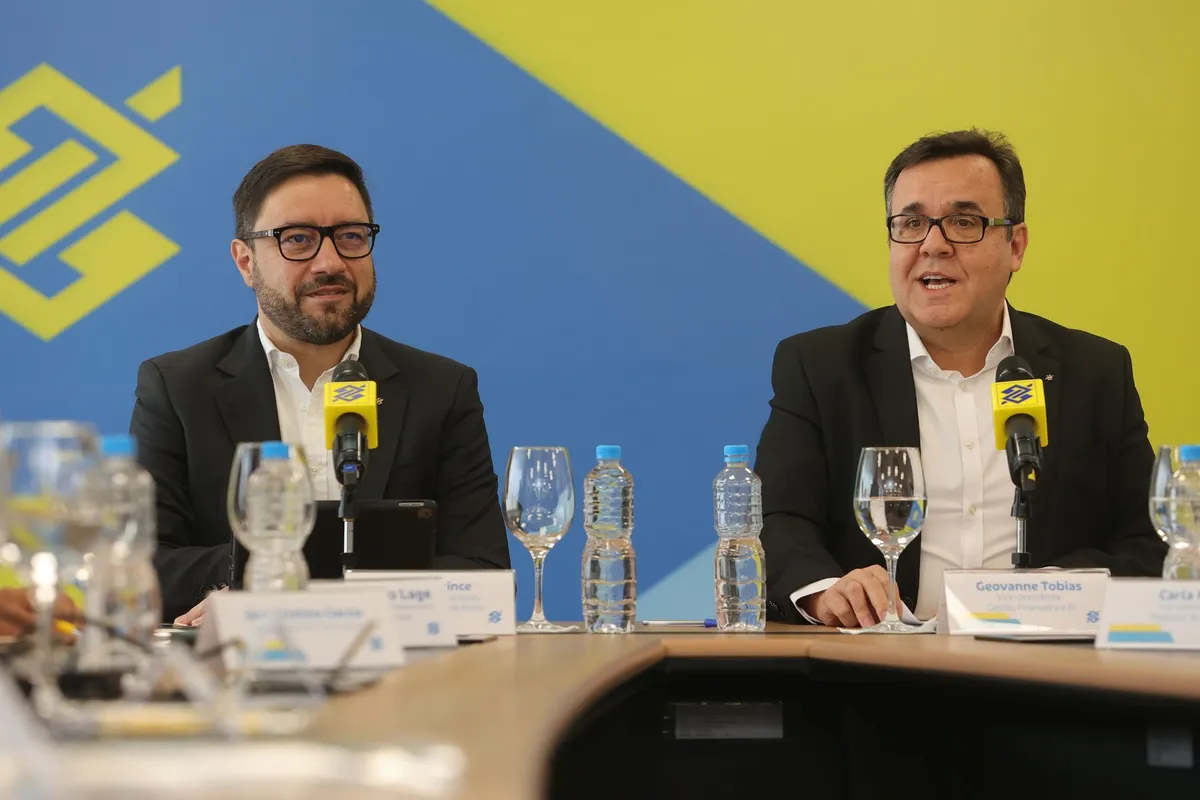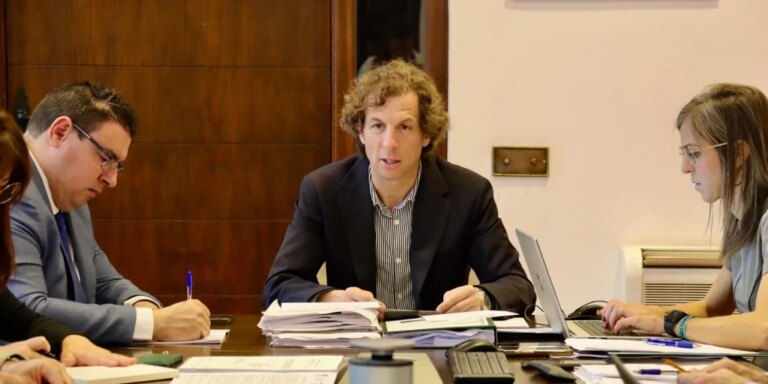
Banco do Brasil (BB) said the corporate cases that required additional provisions in the quarter were atypical and do not indicate widespread credit deterioration. Felipe Prince, the agency’s vice president of risk, said the decision was taken to make the full provision because the probability of recovery was low.
“These are specific cases where we understand the chances of recovery are very low, which is why we have decided to provide these credits in full,” he said at a news conference. He added that this is not a systemic problem. “This is a specific issue and has nothing to do with any crisis or interference with capital or credit markets.”
Prince also said he did not see any new relevant risks in the corporate sector until the end of this year.
Banco do Brasil (BB) predicts that the effective tax rate should be lower than previously estimated due to the impact of Resolution 4,966, which changed the regulatory treatment of expected losses. Geovan Tobias, vice president of finance at BB, explained that a combination of lower pre-tax profits due to higher provisions and regulatory changes led to a significant drop in the effective interest rate.
“Previously we were estimating the average rate to be close to 15%. Given this new regulation and agricultural scenario regarding expected losses, we should expect a different rate going forward,” Tobias said. “As we continue to recognize the increase in incurred losses, the tax rate will benefit from that because the framework has completely changed.”
Janaina Stout, Director of Investor Relations at BB, reinforced the impact of the year. “The effective tax rate this year should be in the low single digits,” he said.
Prince further stated: The bank said it intends to continue to take a more assertive stance on agricultural product recalls and believes some cases may need to move toward bankruptcy filing. In the coming quarters.
“In the next quarter, we will find ourselves needing to file for bankruptcy precisely to stabilize these processes and for those who take advantage of this mechanism to legally and genuinely need to do so.”
Prince added that the bank is strengthening its controls, monitoring and credit standards while supporting the sector. “We will never close our doors here. Despite the necessary adjustments, we will continue to be the number one partner for Brazilian agribusiness,” he said.
Tobias said: The bank’s growth focus in 2026 will be on personal portfolios, while agriculture will remain relatively stable. BB’s expanded credit portfolio, disclosed in its third-quarter balance sheet, amounted to R$1,279 billion at the end of September, an increase of 7.5% over the year. Personal portfolios increased by 7.9% over the year to R$350 billion, while agribusiness portfolios increased by 3.2% to R$398 billion.
Tobias added that the increased relative share of the PF portfolio should improve composition and contribute to its profitability trajectory. “Increasing the relative weight of individual portfolios will improve the bank’s mix, generate more revenue for the bank, and help put it back on track to improving profitability in 2026.”



